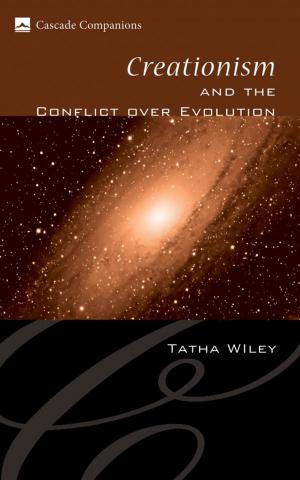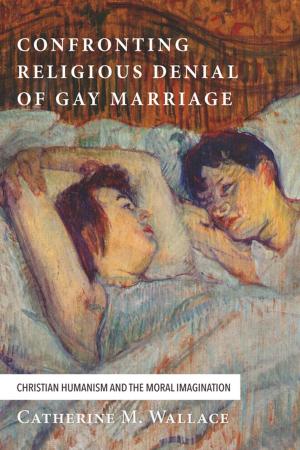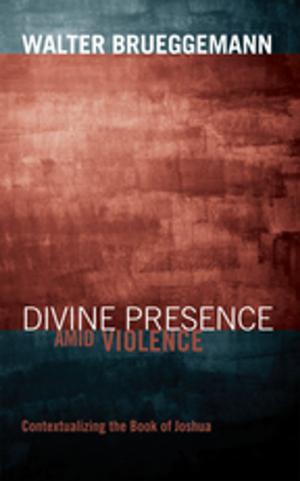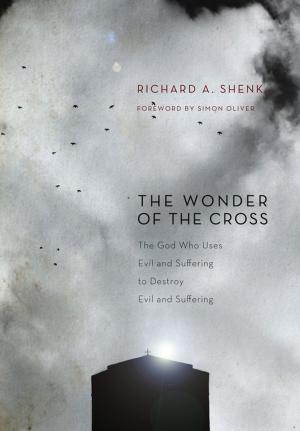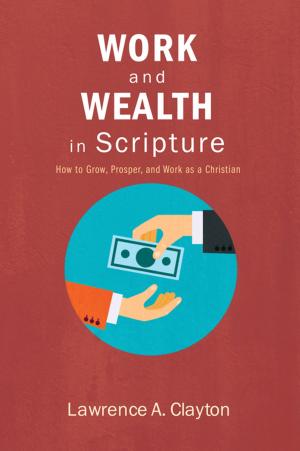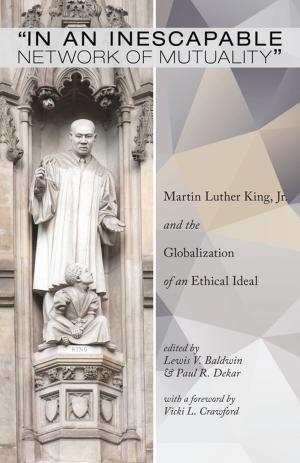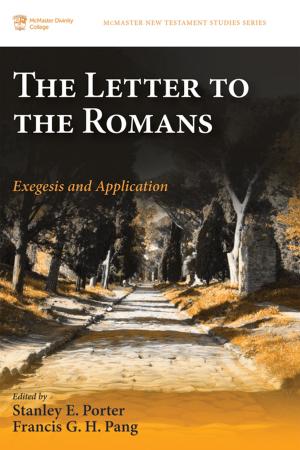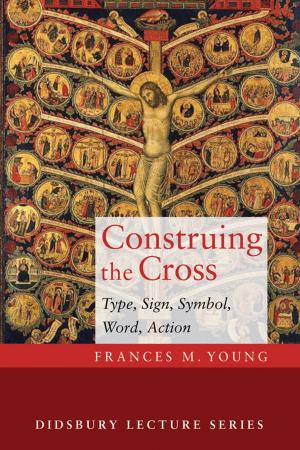Reformation Observances: 1517–2017
Nonfiction, Religion & Spirituality, Theology, Christianity, Church| Author: | Christopher M. Bellitto | ISBN: | 9781498240406 |
| Publisher: | Wipf and Stock Publishers | Publication: | August 9, 2017 |
| Imprint: | Cascade Books | Language: | English |
| Author: | Christopher M. Bellitto |
| ISBN: | 9781498240406 |
| Publisher: | Wipf and Stock Publishers |
| Publication: | August 9, 2017 |
| Imprint: | Cascade Books |
| Language: | English |
The year 2017 marks the five-hundredth anniversary of the Reformation, if that event is dated from the posting of Martin Luther's Ninety-Five Theses. Admittedly, 2017 is an arbitrary and somewhat artificial milestone. Nevertheless, anniversaries can be special occasions that allow for an appreciation and evaluation of memorable persons and events. As a number of Reformation anniversaries approach, the historical significance of the Reformation merits increased attention. Employing a variety of historiographical methods from intellectual history to postcolonial theory, this volume demonstrates how four major traditions observed the Reformation: Lutheran, Anglican, Reformed, and Roman Catholic. The foreword and preface place the essays into the contemporary and broader historical contexts in the history of reform. Commemorations of the Reformation varied in different periods, often influenced by immediate historical contexts. How are those sixteenth-century events, which caused both renewal and conflict in church and society as well as divisions between those expressions, to be viewed in the twenty-first century in a setting broader than Europe?
The year 2017 marks the five-hundredth anniversary of the Reformation, if that event is dated from the posting of Martin Luther's Ninety-Five Theses. Admittedly, 2017 is an arbitrary and somewhat artificial milestone. Nevertheless, anniversaries can be special occasions that allow for an appreciation and evaluation of memorable persons and events. As a number of Reformation anniversaries approach, the historical significance of the Reformation merits increased attention. Employing a variety of historiographical methods from intellectual history to postcolonial theory, this volume demonstrates how four major traditions observed the Reformation: Lutheran, Anglican, Reformed, and Roman Catholic. The foreword and preface place the essays into the contemporary and broader historical contexts in the history of reform. Commemorations of the Reformation varied in different periods, often influenced by immediate historical contexts. How are those sixteenth-century events, which caused both renewal and conflict in church and society as well as divisions between those expressions, to be viewed in the twenty-first century in a setting broader than Europe?

